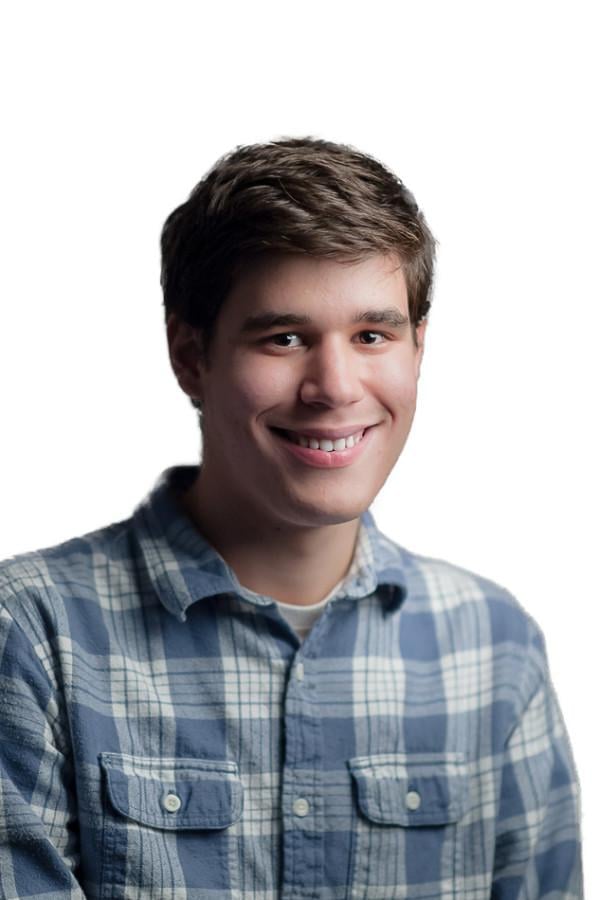Balk: We don’t need to have all the answers
February 5, 2015
Folks talk about pressure a lot at Northwestern: pressure to succeed academically, pressure to drink, pressure to get involved in clubs and extracurriculars. There’s no question that NU can be a bit of a pressure cooker. But I’d like to make note of a type of pressure that generally doesn’t get discussed, or even necessarily noticed. The pressure to opine — a pressure to have a hot take on every issue, from the prominent to the mundane.
It’s present in the halls of Willard Residential College, it’s present on the ground floor of Norris University Center and it’s present beneath the roof of the formidable Harris Hall. It’s quietly apparent in the casual conversations of students. When a controversial topic comes up, there is an expectation for students to have a strong view. NU students are expected by their peers to take a strong stance on the Israeli-Palestinian conflict or on drug laws or on gay marriage or even on sports.
This pressure is a negative force. Not because opinions are bad. I love opinions. I have scads of them. But I don’t have an opinion about everything. I just don’t know enough.
I remember, for example, on the day President Barack Obama visited NU this fall, a middle-aged man stopped me on the sidewalk and asked how I felt about the President’s foreign policy. I flubbed an answer, trying to sound intelligent while explaining that I thought criticisms of Obama as “soft” in his foreign policy were unfair and that I’d actually prefer him to be softer. It was a classic case of an NU student feeling like he needed to sound smart and have an opinion on an important issue.
I can synthesize an opinion on any issue, even those I don’t know or care deeply about. It’s a skill taught and emphasized in our society. History teachers in high schools implore their students to take stands on issues, to manufacture a strong take on an issue that the students might have just learned about. “Should the United States have dropped atomic bombs on Japan?” a teacher might ask, attempting to prompt debate and engage students.
Yet, I believe there is nobility in admitting ignorance. Legend has it that in ancient Greece, the Oracle at Delphi declared Socrates was the wisest man in all of Athens. In seeking to explain how this could be so, Socrates said it was because he knew one thing: that he knew nothing.
There is, of course, a clear benefit in the fact that NU students feel a need to have opinions. This pressure engages them in issues. It forces them to confront important topics of our time. Being surrounded by people who care about the world is unquestionably superior to the alternative.
That said, NU students should not feel like they need to sound smart all the time. They should be more willing to admit they are not experts on every issue known to man. They should take time to research issues before they pretend to be authorities on them.
Hours spent attempting to find the truth might produce little beyond even more questions. It’s a complicated world we are living in. NU students need not feel like they have to have all the answers.
Tim Balk is a Medill freshman. He can be contacted at [email protected]. If you would like to respond publicly to this column, send a Letter to the Editor to [email protected].


